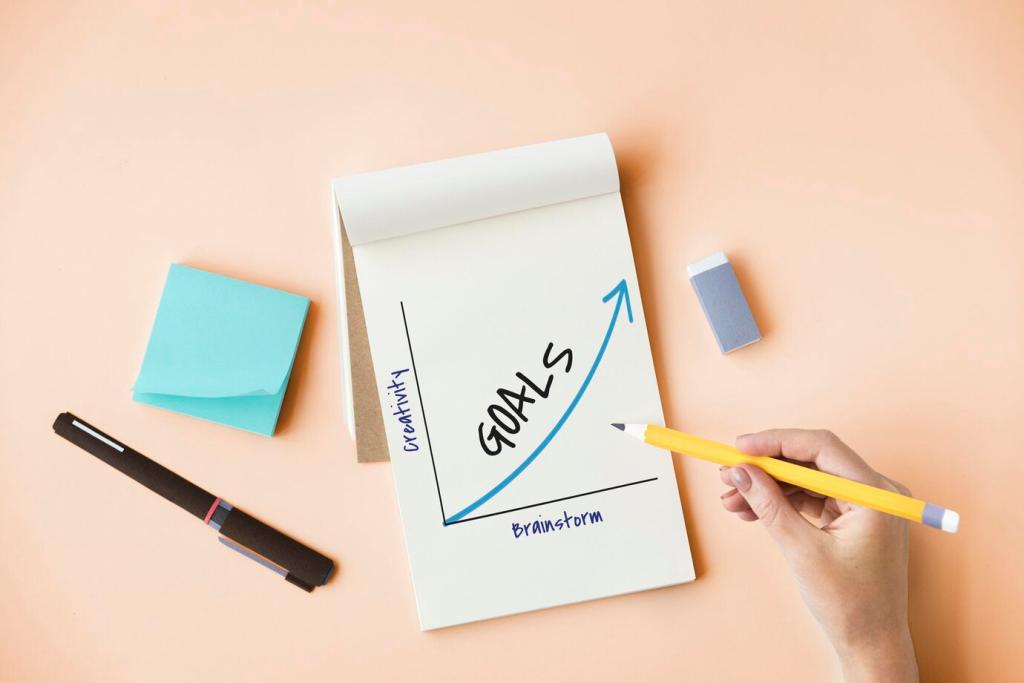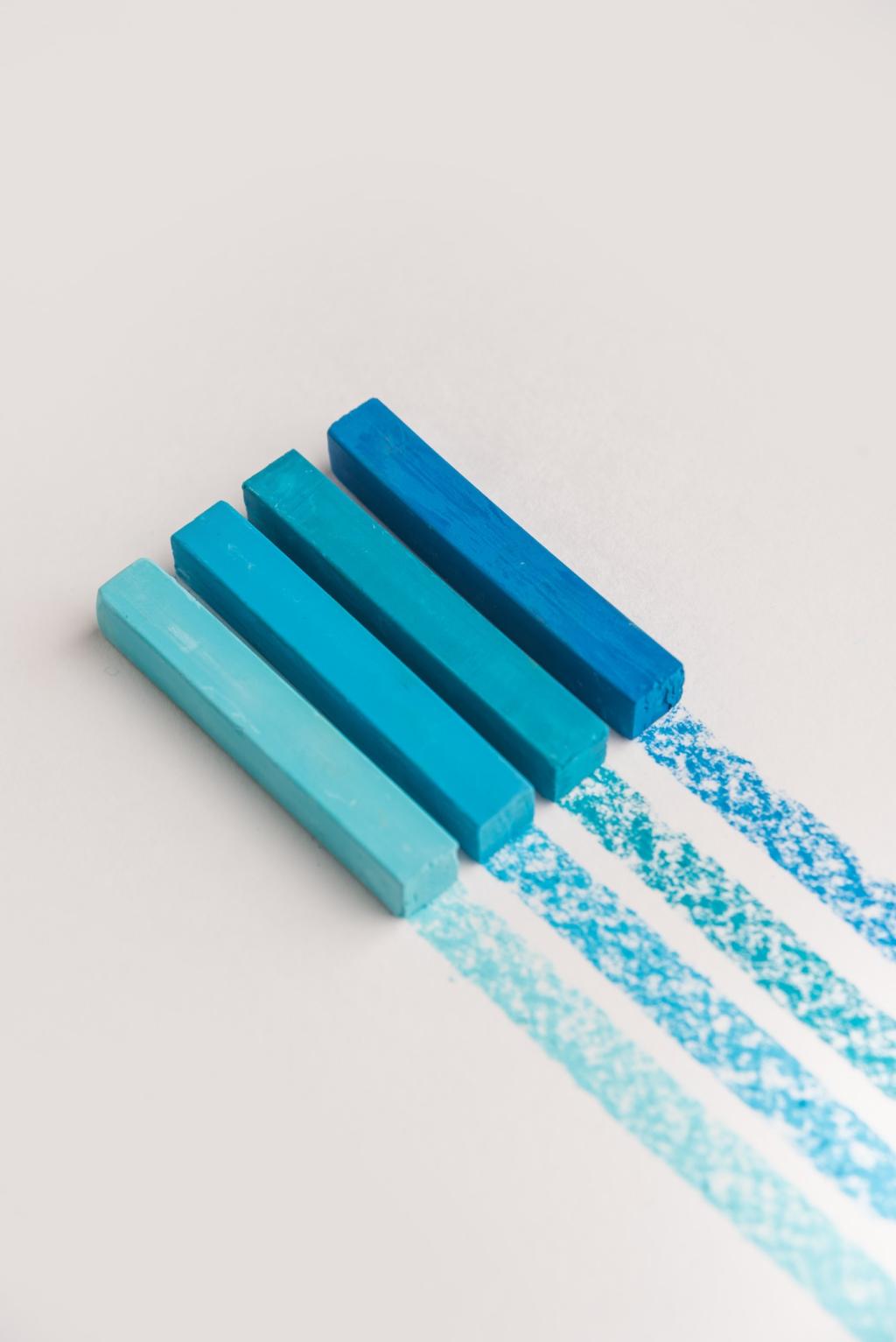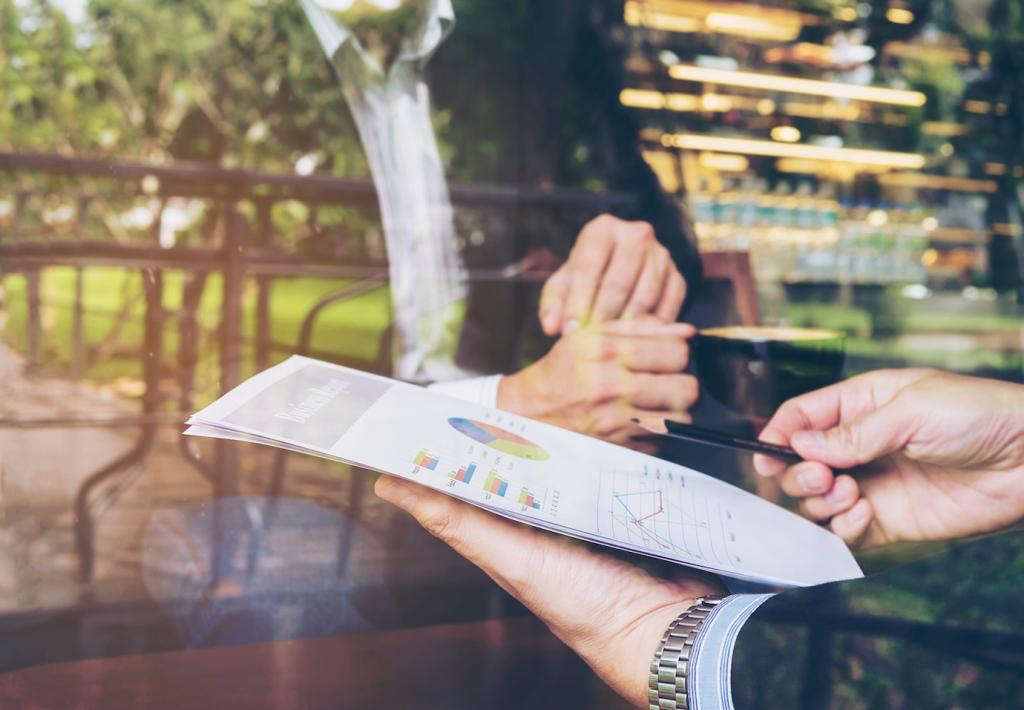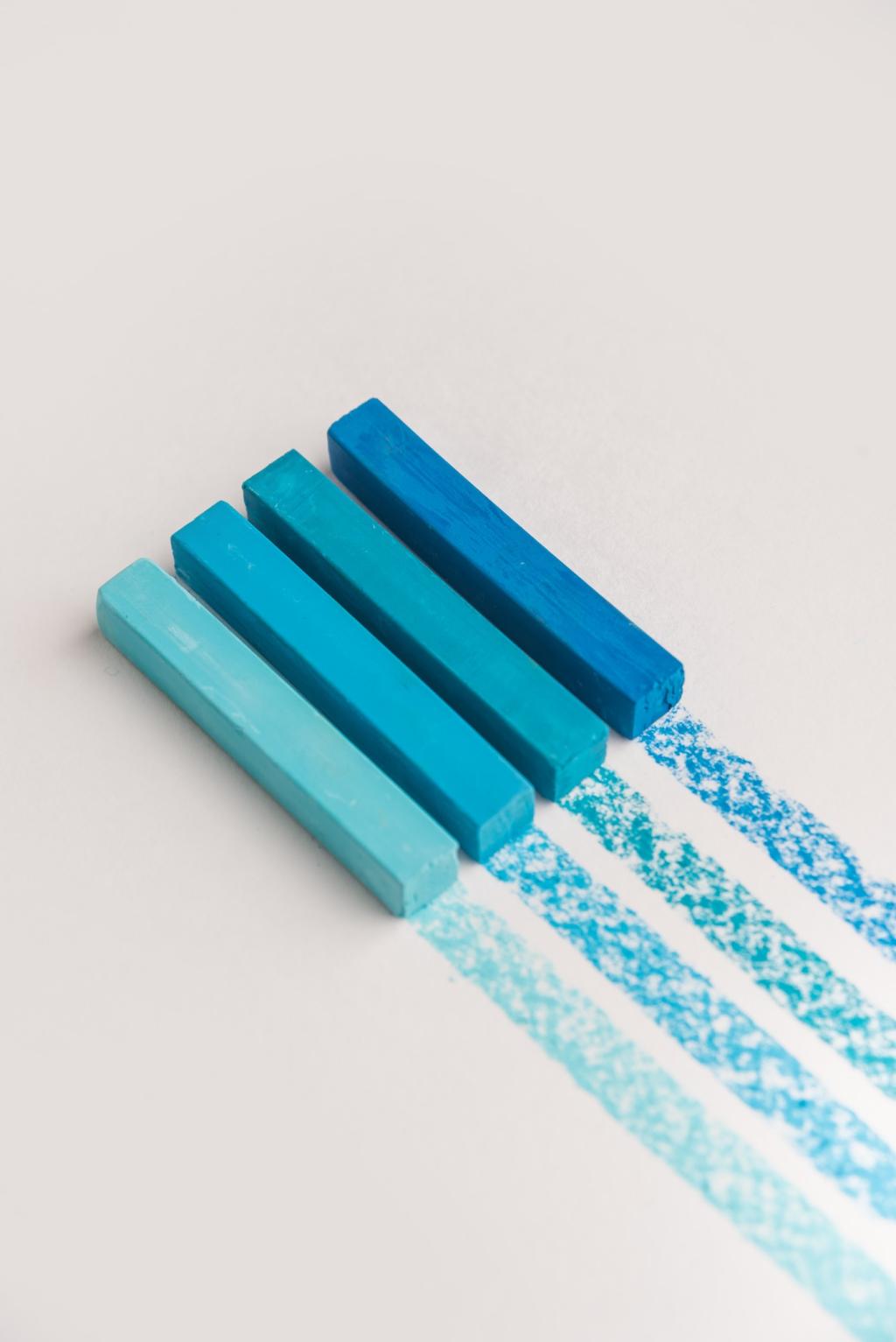
Chosen Theme: Maximizing Your Knowledge of Destinations
Today’s chosen theme is Maximizing Your Knowledge of Destinations. Welcome! This is your friendly guide to collecting deeper insights, connecting threads of culture and history, and transforming raw curiosity into confident understanding. Stay with us, share your questions, and subscribe for ongoing prompts that sharpen the way you learn every place.
Build Your Destination Knowledge System
Choose one central home for each place—paper notebook or digital workspace—organized by culture, logistics, food, neighborhoods, and questions. A reader in Oaxaca used a single folio to track festival dates, saving a trip from missing the Guelaguetza parade by one day.
Build Your Destination Knowledge System
Stack meaningful map layers: transit lines, historical boundaries, market days, green spaces, street lighting, and floodplains. In Naples, layering Spanish Quarter boundaries with pedestrian-only streets revealed quiet morning corridors perfect for coffee scouting. Share your favorite layers in the comments for others to try.





Timeline Your Trip
Sketch a simple timeline linking major historical moments to places you will visit. In Porto, connecting maritime trade peaks with church construction dates explained why certain azulejo panels depict ships. Subscribers loved how this trick reframed facades as chapters rather than static ornaments.
Language Windows
Learn ten place-relevant words—greetings, please, thank you, delicious, beautiful, today, tomorrow, price, open, closed. In Kyoto, simply saying oishii made street vendors smile and share sauce tweaks. Language opens doors to micro-lessons that guidebooks cannot, so practice and celebrate small wins.
Microhistories from Ordinary Places
Ask how a small thing came to be: a public fountain, a corner shrine, a tile pattern. A Lisbon tram driver once explained a tiny plaque honoring volunteer firefighters, turning a quick ride into a tribute tour. Seek these microhistories, and tell us the best one you’ve found.
Data-Driven Discovery
Track ten recurring variables for cafes or museums: opening hours, crowd level, price, noise, shade, seating, Wi‑Fi, restroom quality, staff friendliness, and uniqueness. A traveler in Mexico City found that early Tuesdays consistently gave the best museum-to-cafecito flow. Try it and compare results.
The Five Conversations Rule
Aim for five short chats daily: a vendor, commuter, elder, student, and hospitality worker. Ask open questions about routines, not opinions. In Athens, these small talks revealed when locals truly eat dinner, rescuing readers from empty early tables. Try it, and report your favorite question.
Practice Sensory Noticing
Note three smells, three textures, and three sounds in each neighborhood. In Marrakech, the shift from tanneries to spice alleys taught readers to navigate by scent alone. Sensory notes are data, too—powerful memory anchors that make knowledge durable long after the trip ends.
Sketch and Synthesize Nightly
Each evening, draw a quick map and jot three big takeaways plus one lingering question. A Stockholm visitor realized islands felt closer than maps suggested, reorganizing ferry routes into a loop. Share your nightly synthesis ritual in the comments and inspire someone’s next breakthrough.

Sustainable, Respectful Knowledge
Ethical Research Practices
Ask permission before photographing people, cite community sources, and avoid geotagging fragile sites. One reader in Iceland stopped posting exact coordinates of a delicate moss field, protecting it from trampling. Let’s model stewardship as part of knowing destinations deeply. Pledge your ethical practice below.
Respect Living Cultures
Treat rituals as living, not staged. In Bali, observing a ceremony from a respectful distance led to an invitation afterward to learn about offerings. Your patience becomes part of the story you understand. Share how you’ve navigated sacred spaces with care and gratitude.
Share Back Locally
Donate notes to community projects, translate a brief guide, or tip artisans who teach you. After a weaving lesson in Cusco, a reader created a simple Spanish glossary for motifs and gifted it to the workshop. Tell us how you give back where you learn.
